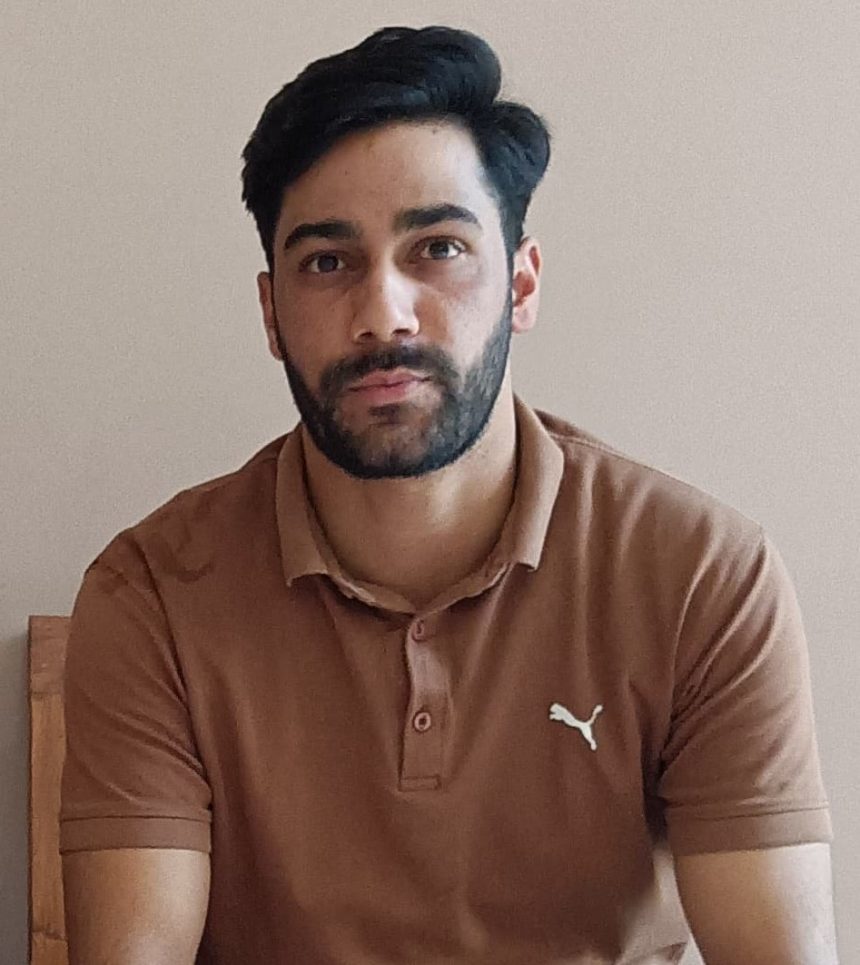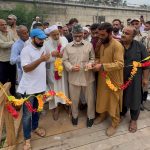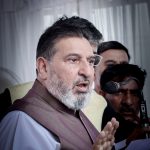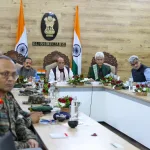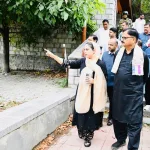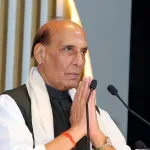In Kashmir, where public healthcare is often the first—and only—resort for countless families, the quality of medical care is not just a policy issue—it is a deeply human one. For one family, the path to recovery for their 8-year-old daughter became a journey through confusion, fear, and emotional trauma. What unfolded raises uncomfortable yet necessary questions about medical conduct, accountability, and the dignity of patient care.
The child’s medical journey began when she was just one and a half years old, after a devastating fall from the third floor of a building, landing headfirst. She survived—but not without lasting effects. Medical evaluations revealed that the accident had caused approximately 80% hearing loss, and doctors advised the family that she would likely require surgical intervention once she turned 8.When the time came, the family, filled with hope and trust, turned to one of the most reputed government medical colleges in Kashmir. The procedure was performed by a senior, widely respected ENT specialist, someone whose name commands authority in the field.
Initially, everything appeared routine. But in the weeks that followed, her condition showed no signs of improvement. Her symptoms lingered. The family returned for follow-up visits, seeking clarity and guidance. These repeated visits, made out of genuine concern, seemed to irritate the consulting doctor, whose demeanor became increasingly dismissive and cold. In hindsight, it appeared that rather than acknowledging the possibility of an unsuccessful procedure—or addressing the family’s understandable concerns—the doctor may have tried to deflect responsibility.
It was during one such visit that he, without any prior indication, made a deeply distressing claim: the child had a tumor, which he said he had already removed during the surgery. This was the first time the family had heard of such a diagnosis. The word—tumor—landed like a shockwave. There had been no mention of it before or immediately after the procedure. Most troubling of all, the biopsy report did not confirm any such finding.
To the family, this shocking disclosure felt less like a clinical truth and more like an attempt at damage control—a way to justify the lack of recovery and discourage further questions. What followed was not just confusion, but severe psychological trauma, especially for the child’s mother, who spent months in deep anxiety and fear, believing her daughter might be facing a life-threatening illness.
When the family returned once more to seek clarification, the doctor responded with undeniable arrogance. He reaffirmed the tumor claim and then stated that he had the “right to deny treatment,” despite having already performed the surgery. In front of another medical professional and hospital staff, he went so far as to say in Urdu:
“Yeh meri meherbanithi ki I treated your patient.”(It was my favor that I treated your patient)
To say such a thing to the parents of a vulnerable 8-year-old child is not just ethically indefensible, but profoundly inhumane—especially coming from a senior doctor at a prestigious public institution.
As a scholar working in health economics, I’ve spent years studying structural issues in healthcare systems—inefficiencies, inequalities, and gaps in delivery. But nothing prepared me for the powerlessness of watching someone you love be treated with such disregard. No model, no theory, no textbook can translate the pain and helplessness that fills a parent’s heart when institutions fail—not because of lack of resources, but because of lack of accountability.
At the time, we could have made a huge issue out of this conduct. We could have gone to the press, mobilized public opinion, or initiated legal proceedings. But as sensible and responsible citizens, we made a conscious decision not to disgrace the image of the institution, an institution where lakhs of poor people rest their trust and seek hope. Instead, we chose to take the proper course: we filed a detailed, respectful complaint and sought a confidential internal inquiry, hoping the system would hold itself accountable without public pressure.
Sadly, that complaint was met with silence.
While I understand that human errors are inherent, especially in the medical profession, the manner in which this situation unfolded calls for immediate attention and action. I firmly believe that as humans—and particularly in the noble profession of medicine—errors are not exceptions, but rules.
However, the attitude and conduct witnessed during this experience fall far outside the bounds of acceptable professional behavior. It is one thing to make a mistake; it is entirely another to mask it with arrogance, deflect accountability, and retraumatize those seeking care.
This is not an act of retaliation—it is an act of responsibility. This article is written not only for our child, but for the many other families who have been disrespected, misled, or silenced within the walls of our public institutions. We write because an 8-year-old girl deserves better. Every child does. And so do the mothers, fathers, and guardians who place their faith in the system during their most vulnerable moments.
For meaningful change, medical professionals must be trained in empathetic communication, especially when discussing serious or sensitive diagnoses. Public hospitals must implement transparent, time-bound grievance mechanisms that act ethically and with care. And most importantly, the culture of arrogance and impunity that sometimes finds space within our healthcare institutions must be dismantled. We need hospitals to be not just places of treatment, but of healing.
In a region like Kashmir—where people already carry the weight of uncertainty—healthcare should be a sanctuary, not another source of trauma. When doctors speak without caution, when institutions stay silent, and when dignity is treated as optional, we are all made smaller. This is not a story about one doctor. It is a story about what we allow in our institutions—and what we must no longer accept.
(Authoris a Senior Research Scholar at the Department of Economics, University of Kashmir, specializing in Health Economics. His research focuses on public health financing, inequality, and healthcare delivery systems. He has published in internationally recognized journals indexed in Web of Science and Scopus (SAGE & Emerald Publications). A recipient of the prestigious Jawaharlal Nehru Memorial Fellowship (JNMF), he has also qualified UGC-NET (Economics), JKSET, and GATE)


